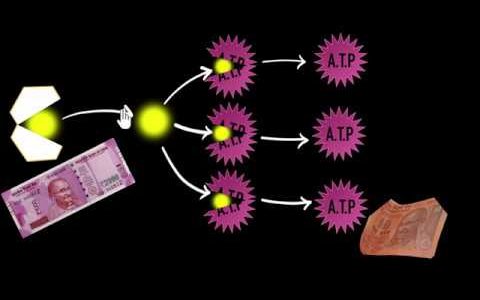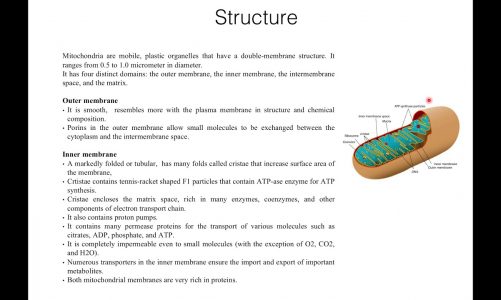Humanin Trifluoroacetate refers to a specific form of the peptide Humanin, which is associated with a variety of biological activities. Here are the key points about Humanin Trifluoroacetate:
Peptide Nature: Humanin is described as a polypeptide, specifically a peptide consisting of 24 amino acids.
Biological Functions:
Humanin is known to play a role in suppressing neuronal cell death, which is particularly induced by several familial Alzheimer’s disease genes and by amyloid β-protein3.
It is involved in numerous biological processes including apoptosis (programmed cell death), cell survival, substrate metabolism, inflammatory response, and response to various stressors such as oxidative stress, ischemia, and starvation.
Humanin exhibits protective effects against cellular apoptosis, and is also reported to have neuroprotective effects against Alzheimer’s disease-related neurotoxicity.
Association with Mitochondria:
Humanin is a mitochondria-associated peptide, indicating its interaction or association with mitochondrial functions.
Relevance to Aging and Metabolism:
There is an indication that Humanin might be related to aging and has the ability to improve overall insulin sensitivity in animals.
Humanin Trifluoroacetate is also categorized under Endocrinology & Metabolism in biochemical research, hinting at its potential relevance in metabolic processes.
Form:
The trifluoroacetate form suggests a specific salt form of Humanin, which might be used for certain research or therapeutic applications.
The comprehensive understanding of Humanin Trifluoroacetate touches on its peptide nature, broad biological activities, its association with mitochondrial functions, and potential relevance to aging and metabolic processes.
source



